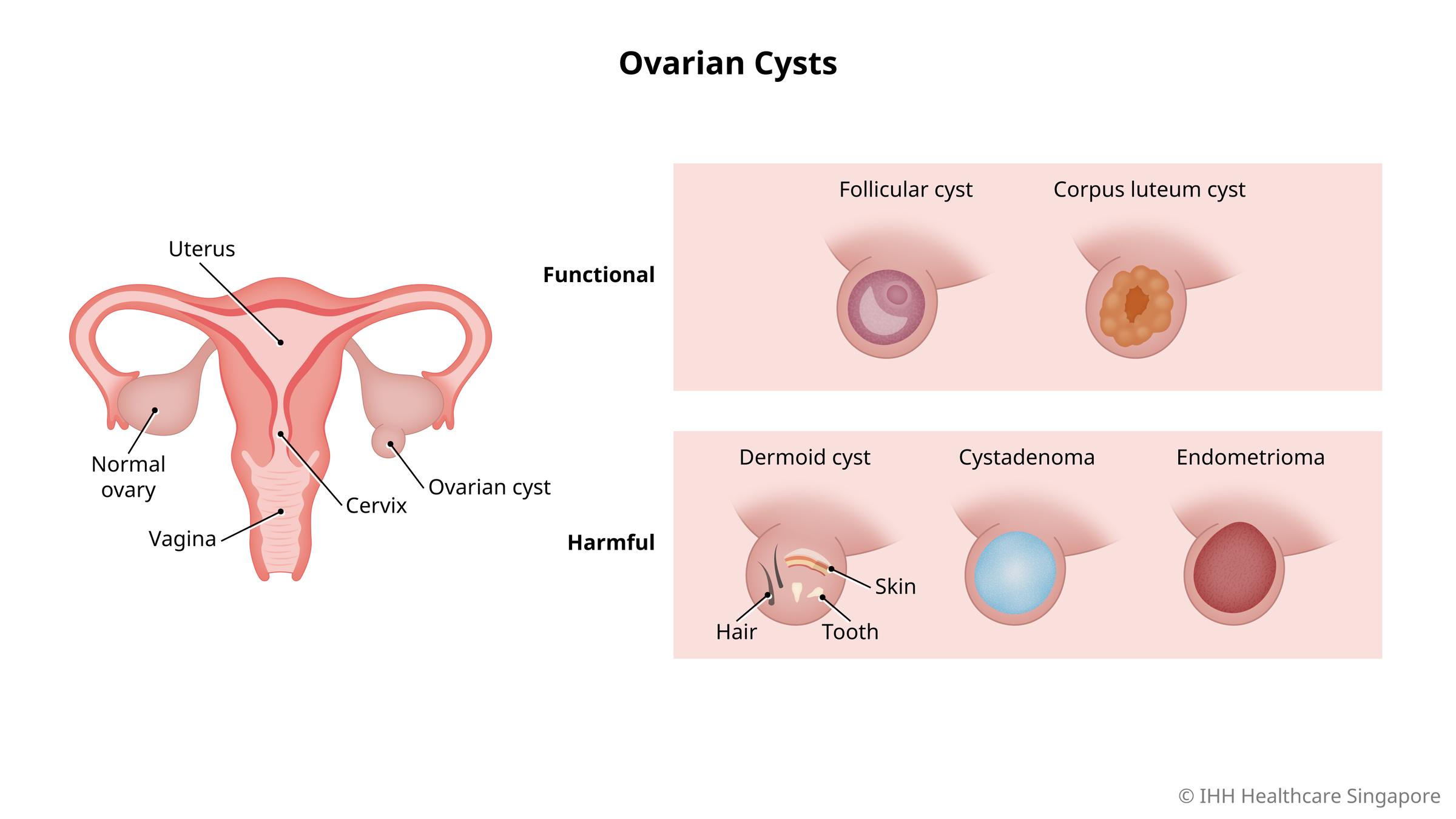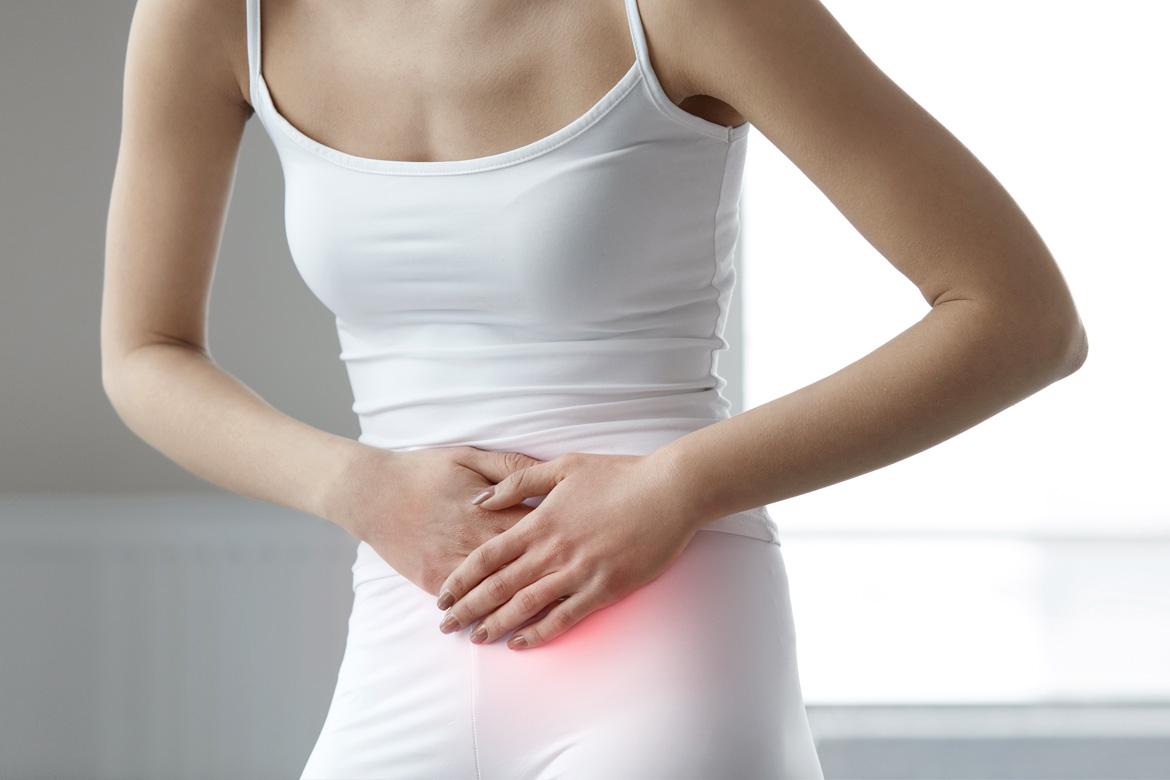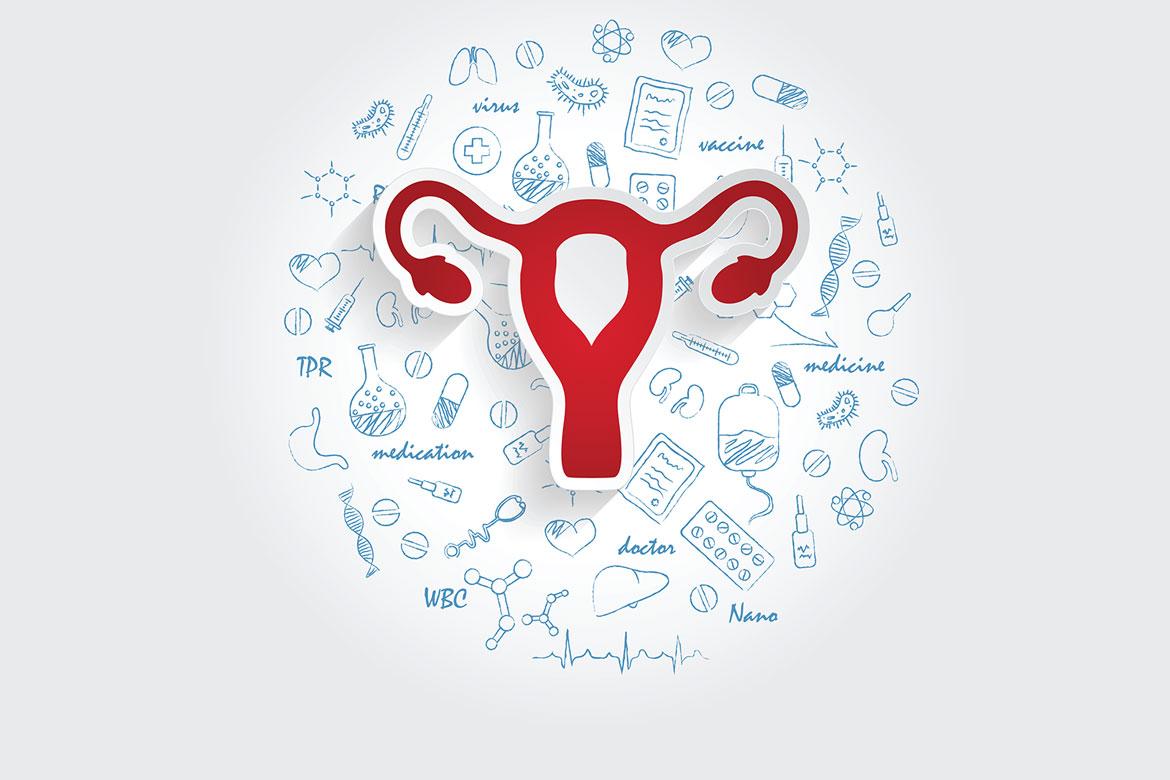-
-
Featured Care Areas

Ovarian Cysts
What are ovarian cysts?
Ovarian cysts are fluid-filled sacs formed in the ovary. These are typically formed during ovulation and are usually harmless.
A functional ovarian cyst is a sac that holds a maturing egg. It forms on the surface of a woman's ovary during or after ovulation and goes away after the egg is released. However, if the ovary does not release an egg, or if the sac closes up after the egg is released, the sac can swell up with fluid.
Types of functional cysts
- Follicular cyst
Around the midpoint of a woman’s menstrual cycle, an egg bursts out of its sac or follicle and travels down the fallopian tube. A follicular cyst occurs when the follicle does not release an egg, and the sac swells up with fluid. - Corpus luteum cyst or luteal cyst
This occurs when the sac releases an egg and then reseals and fills with fluid.
Functional cysts are often harmless, without symptoms, and go away without treatment. However, if a cyst becomes large, it can twist, rupture, or bleed, causing pain.
Types of harmful cysts
There are other types of cysts not related to the normal function of a woman’s menstrual cycle. These ovarian cysts become large and rupture, and may be painful or harmful to the body. Some examples are:
- Dermoid cyst
Also called teratoma, a dermoid cyst can contain tissues such as hair, skin, or teeth because it forms from embryonic cells. It is rarely cancerous but can become large and cause the ovary to move out of position, which increases the chance of ovarian torsion or the painful twisting of the ovary. Ovarian torsion may also decrease or stop the flow of blood to the ovary. - Cystadenoma
This cyst develops on the surface of an ovary and may be filled with a watery or a mucous material. Like a dermoid cyst, cystadenoma may also grow large and cause the ovary to move out of position, causing ovarian torsion. - Endometrioma
Also known as a 'chocolate cyst', this cyst develops when uterine endometrial cells grow outside a woman’s uterus, and this condition is known as endometriosis. Some of the tissues can attach to the ovary and form a growth.
What are the symptoms of ovarian cysts?
Symptoms of an abnormal cyst include pressure, bloating, swelling, or pain in the lower abdomen on the side of the cyst. This pain may be sharp or dull and intermittent.
Symptoms of a ruptured or large cyst include severe and sudden pain.
Less common symptoms include:
- Pelvic pain
- Dull ache in the lower back and thighs
- Problems emptying the bladder or bowel completely
- Pain during sex
- Unexplained weight gain
- Pain during your period
- Unusual vaginal bleeding
- Breast tenderness
- Need to urinate more often
What causes ovarian cysts?
There are some causes linked to ovarian cysts. These include:
- Hormonal problems or drugs – These help a woman ovulate and may cause functional cysts.
- Endometriosis – This can result in the development of a cyst called endometrioma. The endometriosis tissue may attach to the ovary and form a growth. This cyst can be especially painful during sexual intercourse and a woman’s period.
- Pregnancy – To help support the pregnancy until the placenta forms, an ovarian cyst develops in early pregnancy and may remain even until late in the child-bearing period. It usually needs to be removed.
- Severe pelvic infections – Infections may spread to the fallopian tubes and ovaries, causing cysts to form.
What are the complications and related diseases of ovarian cysts?
These include:
- Ovarian torsion – Cysts that enlarge can cause the ovary to move, increasing the chance of painful twisting of the ovary.
- Rupture – A ruptured ovarian cyst can cause severe pain and internal bleeding. Larger cysts have a greater risk of rupture. Vigorous activity affecting the pelvis may also increase the risk.
- Cancer – Cystic ovarian masses that develop after menopause are possibly cancerous. For this, regular pelvic exams are important.
Learn more about growths such as fibroids, polyps, and ovarian cysts, and get a more in-depth look at their associated potential complications.
This coverage checker is brought to you by Health Insured, an online resource that helps you understand your health coverage in Singapore.
This page has been reviewed by our medical content reviewers.
Need help?
For enquiries, please call
+65 6377 3737
For appointment bookings, please WhatsApp
+65 8111 3777








